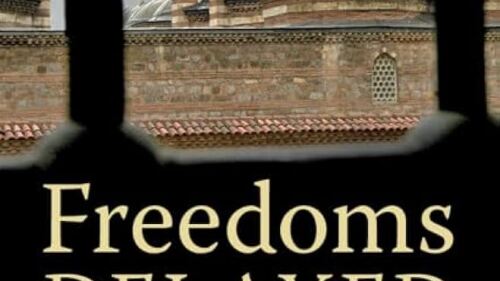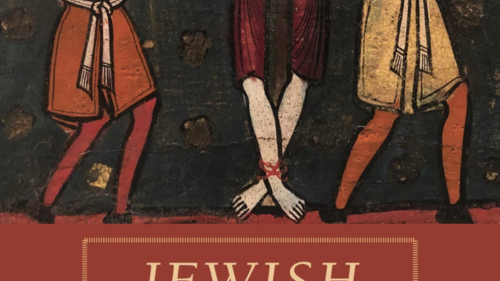Recent years have seen serious debates in leftist and feminist circles over the practice of female genital mutilation (FGM), which prevails in parts of Africa as well as in the Middle and Far East. The debate has been shaped by the old tension between universalism and cultural relativism: For many of those who adhere to the latter, FGM has become an anti-imperialist, feminist symbol, an expression of female pride and self-determination, like the head scarf.[1] Among such analysts, the oppressive aspects of these traditions tend to be neglected. Their endorsement of FGM’s cruelties may be the most cynical way yet of challenging the universal claims of Western values.
Boddy, a Canadian anthropologist, is one of the leading protagonists of this movement. She employs the euphemism “FGC” (female genital cutting) instead of FGM because she deems it more “neutral.” Yet she is not neutral at all. Concerning the battle against FGM, she speaks derisively of an ongoing crusade in the name of “progress, reason and universal individualism” and wants her book to be understood “as an extended critique of the continuing campaign, the discourse that informs it, and the imperialist logic that sustains it even now.”
Her study introduces the reader to nineteenth-century British-Sudanese colonial history, but the relationship between the events of that period and the book’s main subject remains obscure, for it was only around 1924 when knowledge of FGM became public in Britain. Boddy intends to inform “about the nature of imperialism, even in our supposedly postcolonial times,” but instead, she lectures the reader on well-known facts about colonialism.
Boddy’s quite fascinating ethnological observations are highly biased by her uncritical sympathy toward local customs and conceptions as well as her radical, postmodernist deconstructionism and a strong anti-Western sentiment. She analyzes at length the barbaric traits inherent to the British mission, but when it comes to the natives’ ideology and their concept of society, we learn little about the Arabs’ feeling of superiority, their imperialism, racism, and slaveholding, or about the rootedness of all these elements in Islam. Above all, Boddy does not consider the Sudanese patriarchy, its form, functioning, or impact.
For all its faults, Boddy’s work does provide a useful contribution to appraising anti-FGM efforts, as she demonstrates how Western interventionism eventually became embroiled in contradictions and inconsistencies. So far, it seems that the struggle against FGM has been more farce than crusade.
[1] See Judith Butler, Precarious Life: The Powers of Mourning and Violence (London and New York: Verso, 2004), pp. 47, 142.



